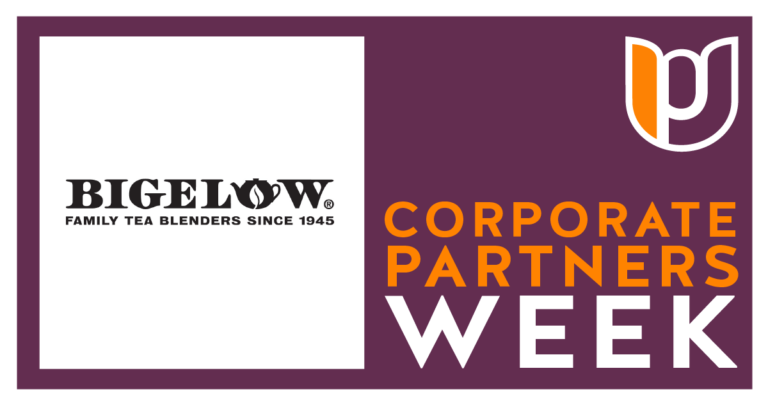 Your organization’s challenges and pain points are not generic – so why would you want a generic business training solution? You wouldn’t, of course. Your needs are unique. Consequently, it is critical for your workforce to be skilled, agile, and responsive. That’s where Post University’s come in.
Your organization’s challenges and pain points are not generic – so why would you want a generic business training solution? You wouldn’t, of course. Your needs are unique. Consequently, it is critical for your workforce to be skilled, agile, and responsive. That’s where Post University’s come in.
Working as a resource, Post University’s Corporate Partnership team can act nimbly and creatively. They work with university faculty members, your human resource team and your subject matter experts to design customized training solutions that are specific and contextualized to your industry, organization and lines of business. Depending on the scope of work and your particular business challenges, Post can offer a unique and creative blend of classroom, online or onsite learning opportunities.
Earlier this year, the Bigelow Tea Company in Fairfield, CT asked Post University’s Corporate Partnership Team to provide English language instruction for the workers in their production facility. Over a six-week period, the 26 Bigelow workers, who primarily spoke Spanish, were learning English between their work shifts in weekly classes taught by a member of the University’s English Language Institute (ELI). The University’s ELI program develops English language proficiency for students to whom English is not their native language. ELI is housed within the John P. Burke School of Public Service and Education.
“We’ve had a relationship with the university for a few years, where our employees can take courses at the university at a reduced tuition,” explained Pat Sorgenti, a member of Bigelow’s human resource team. “We had recently added new employees to our organization and saw the opportunity to improve communication by offering English classes.”
“Literacy is really a gateway skill to many other things and sometimes people need more than just the basic literacy help in order to be able to be fully productive members of our community and to gain the full benefits to opportunities that are out there,” said Shawn Whisenhant, director of corporate partnerships.
“Not only are they motivated to learn English to function better on the job, but they want to be better parents, grandparents, help with homework, just be able to fill out forms themselves,” Whisenhant said. “I think the most common need is for English language learners to improve their fluency and improve their self-confidence.” The ELI coursework focused on basic reading and writing skills and building vocabulary.
“I heard really positive feedback about both the program and the instructor from the participants,” said Sorgenti. “We hope to do another business communication program in the near future.”